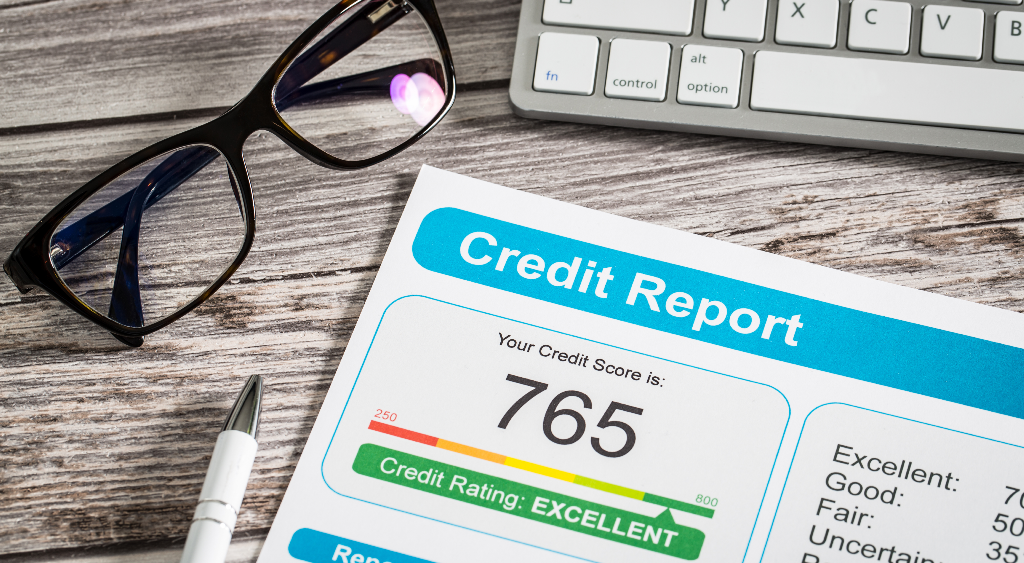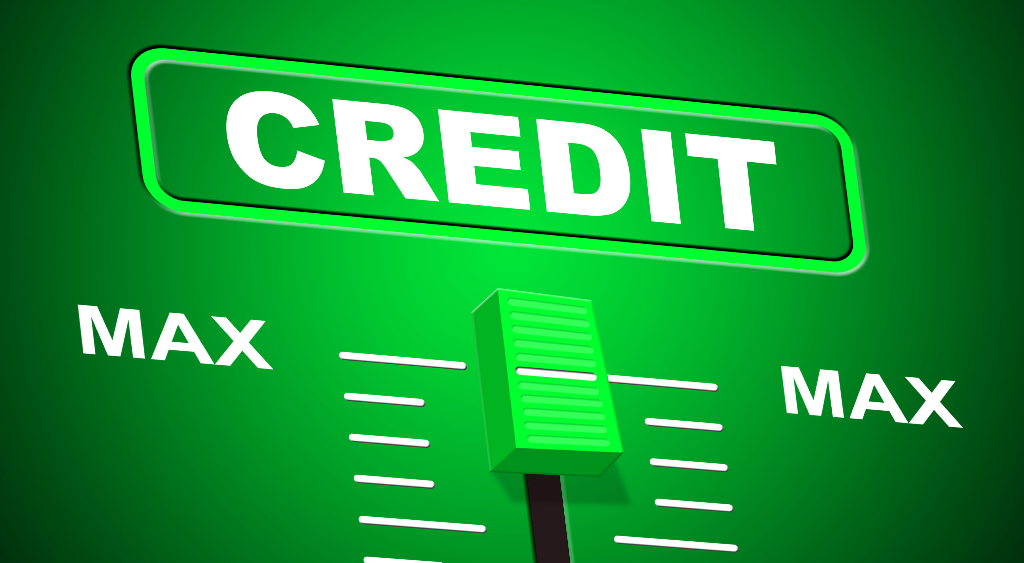Good Credit Can Make Your Life Easier

- At some point in your life, there comes a time when you need to use your credit score to help you receive a line of credit or auto loan.
- Those with good credit scores will be eligible for better deals than those with lower scores.
- If you wish to know what steps you can take to improve your credit score, take a look at the tips below.
At some point in your life, there comes a time when you need to use your credit score to help you receive a line of credit or auto loan. Your credit score makes a vast difference in the interest rates attached to your borrowed money. There are many benefits associated with a good credit score; if you want to know how to get there, below is a list of steps to bolster your credit score over time.
Benefits of a Good Credit Score
Lower Interest Rates
One of the main benefits of having a high credit score is the lower interest rates that accompany borrowed money, such as car loans or credit cards. Any business that lends out money cares about the customer they give money to.
When a person is reliable based on their past credit history, the lender will issue lower rates on their loan. Vice versa, if a person does not have the best credit history/score, the lender knows they will be taking on additional risk, as there is a higher chance they do not get their money back. As a result, lending institutions may charge higher interest rates to compensate for the higher possibility the borrower defaults on their loan.
Another benefit of having a good credit history is that insurance rates will be much lower. For example, suppose a person wants to apply for car insurance. In that case, insurance companies try to determine the premium their customers will have to pay based on an insurance score.

Image Credit: Opat Suvi / Shutterstock.com
The insurance score is calculated based on the person’s credit score. The higher an applicant’s credit score, the less risk that is taken on by the insurance company, allowing them to offer a lower rate.
As a result, those with bad credit will have a lower insurance score, which may lead to them having to pay more monthly than a person with a higher credit score.
Higher Rate of Approval
If it were up to lending institutions to choose their ideal customer, they would typically choose those with excellent credit. In addition, those with credit reports that show no late payments indicate they are responsible. Thus, their application typically has a higher chance of approval as lending institutions prefer those with higher credit.
Makes Life Easier
In today’s world, many products and services use credit scores as a key component in the lending process. Consequently, having a good credit score means you do not have to scramble to come up with money for a higher security deposit on an apartment or utilities. When you do not have to pay more for more products, it allows you to save more money, which can be used efficiently elsewhere.
How to Get a Better Credit Score
Not everyone has a near-perfect credit score, and that is okay. If you wish to improve your credit score to receive access to some of the benefits listed above, try implementing the following changes in your spending habits.
Recommended Read: Tips on How To Improve Your Credit Score
Do Not Max Out Your Credit Card
One reason why people struggle with attaining a good credit score is overspending. Your credit score will take a hit when you spend too much money with a credit card and cannot pay back the outstanding amount in full. As a result, to ensure that you are seen as a credible applicant and increase your credit score, only purchase items you know can be paid back in full.

Image Credit: Stuart Miles / Shutterstock.com
A study by Inside 1031 found that 15% of Americans have been in credit card debt for more than 15 years, and 40% have had credit card debt since 2018. These statistics show that using credit cards without moderation can create a snowball effect of continuous debt.
Outstanding debt lowers your credit score, so if you are aiming to increase it, improve your personal finance skills by tracking your spending. By keeping a list of your transactions, you can determine when you are overspending and slowly move away from these poor spending habits and replace them with better ones.
Recommended Read: Should I Consolidate My Credit Card Debt?
The general rule to remember when using a credit card is to spend around 30% of the credit limit. If you surpass this threshold, it may indicate to loan institutions that you are an overspender, which can prevent them from giving you a loan in the future. However, if you want to continue using your credit card without being penalized for over 30%, one possible option may be to apply for a higher credit limit.
Pay Your Bills on Time and in Full
Adding to the previous point, paying your bills on time is another way your credit score can begin to rise. When outstanding balances are paid by the deadlines imposed by the institution, it proves to them that you are reliable. By continuing to pay your bills in full before the deadlines, your credit score will begin to rise incrementally.

Image Credit: Cast Of Thousands / Shutterstock.com
The Money Wrap-Up
There are many parts of our life that require some form of a loan or monetary assistance. When paying these loans back to the respective lenders, the interest rates vary based on your credit history. Consequently, a good credit score benefits you as the lower rates associated with the loans mean you have less to pay back.
Main Image Credit: REDPIXEL.PL / Shutterstock.com